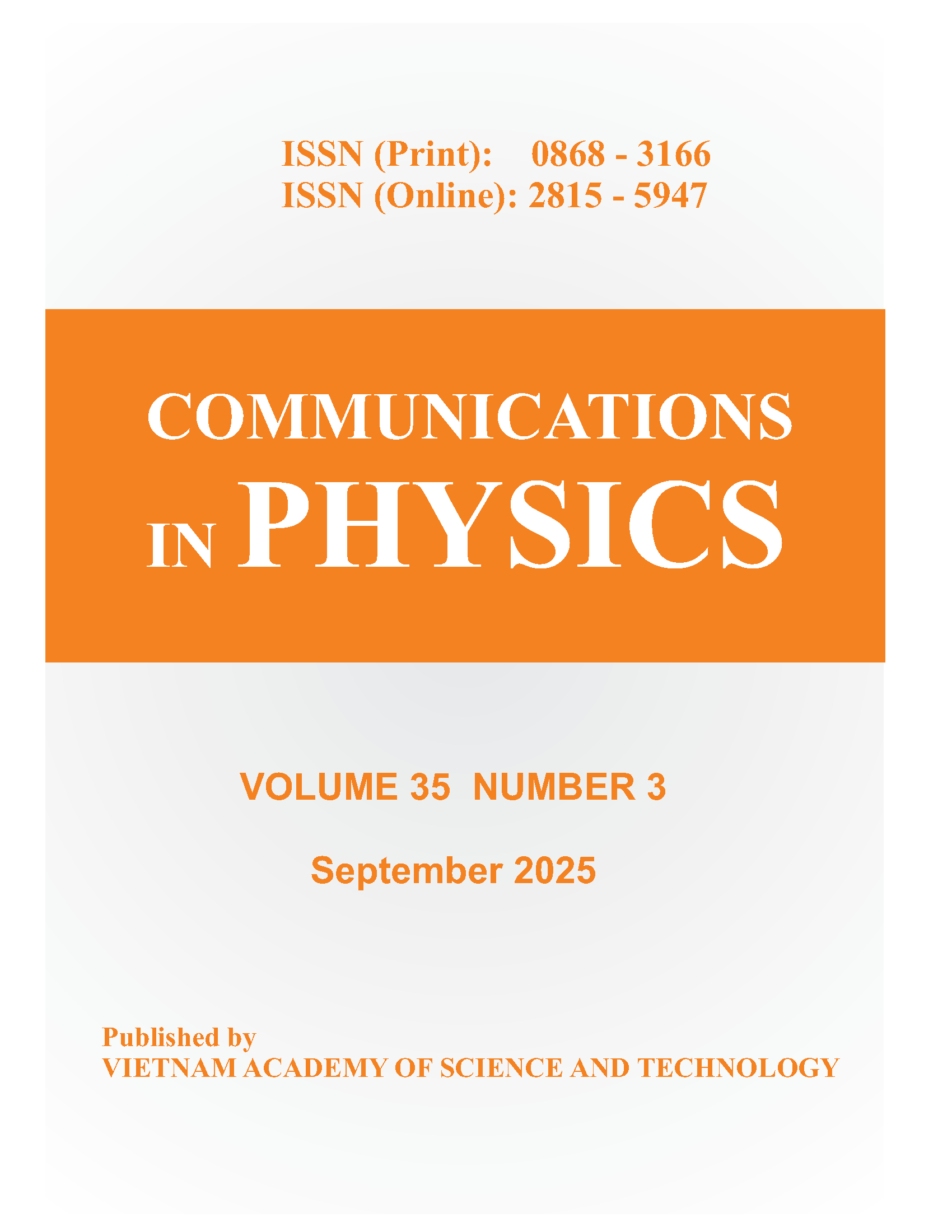Statement on the use of Generative AI
This statement outlines the ethical use, disclosure, and oversight of Generative AI in the submission, peer review, and editorial processes of Communications in Physics. It aligns with the principles and best practices established by leading organizations in academic publishing, such as the Committee on Publication Ethics (COPE), Elsevier Publishing Ethics, Ethical Standards of Cambridge University Press.
Generative AI (GenAI) refers to artificial intelligence technologies capable of producing text, images, or other content in response to user inputs. Tools such as ChatGPT, Gemini, Grok and similar models fall under this category.
GenAI may assist in minor aspects of the publishing process (e.g., language editing) but must not replace human intellectual contributions or create fabricated content.
Authors are required to disclose the use of GenAI in their manuscripts. Disclosure must explicitly state which tools were used and for what purposes.
GenAI tools cannot be credited as authors. Authors remain fully responsible for the accuracy, originality, and ethical compliance of their submissions, even if GenAI tools were used.
Peer reviewers using GenAI tools must disclose such use to the editorial board; GenAI tools may provide suggestions or summaries but cannot replace critical analysis or professional judgment required for peer review.
Authors may use GenAI for grammar correction, syntax improvements, or stylistic edits; Data Representation: AI-generated charts or images are acceptable if the data source is clearly cited and visualizations are verified; Idea Generation: AI tools can assist in brainstorming or exploring research frameworks but should not contribute original hypotheses or conclusions.
GenAI must not be used to generate false data, references, or conclusions. Plagiarism: Using AI-generated content without proper attribution is a violation of ethical publishing standards. Misrepresentation: Authors must not misrepresent AI-generated work as their own intellectual contribution.
All authors must provide a clear disclosure statement regarding the use of GenAI if they used it in writing the paper. The statement should include the name(s) of the tool(s) used; specific tasks where the tool was applied (e.g., language editing, visualization).
Editors will evaluate disclosed GenAI use during the review process to ensure it complies with this policy. Manuscripts suspected of undisclosed AI-generated content may undergo further scrutiny, including plagiarism detection tools or re-submission requests.
In alignment with COPE’s misconduct policies, violations of this policy may result in: Rejection of the manuscript; Retraction of published articles if ethical breaches are discovered post-publication; Notification to institutions, funders, or other stakeholders, where appropriate.







